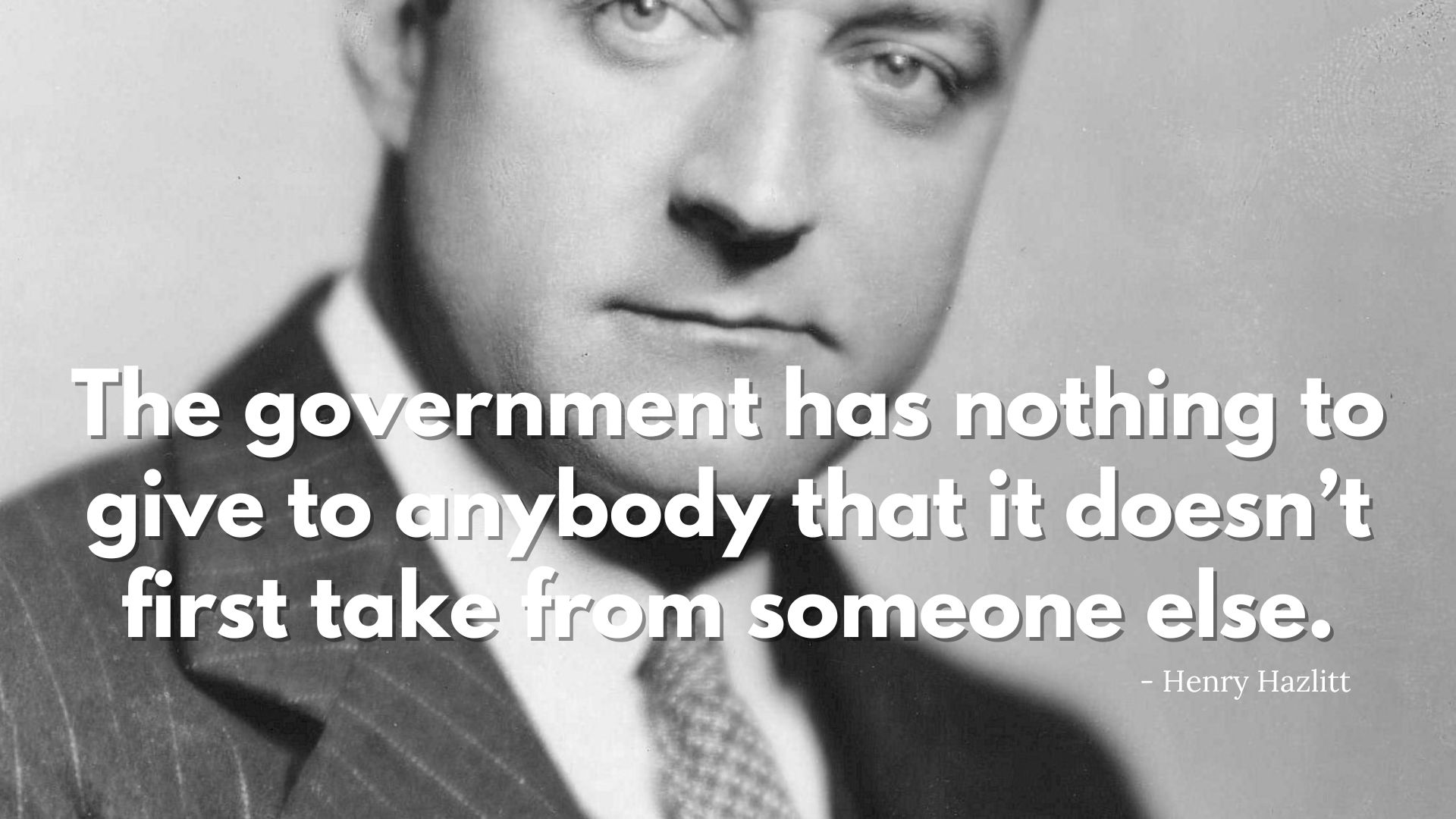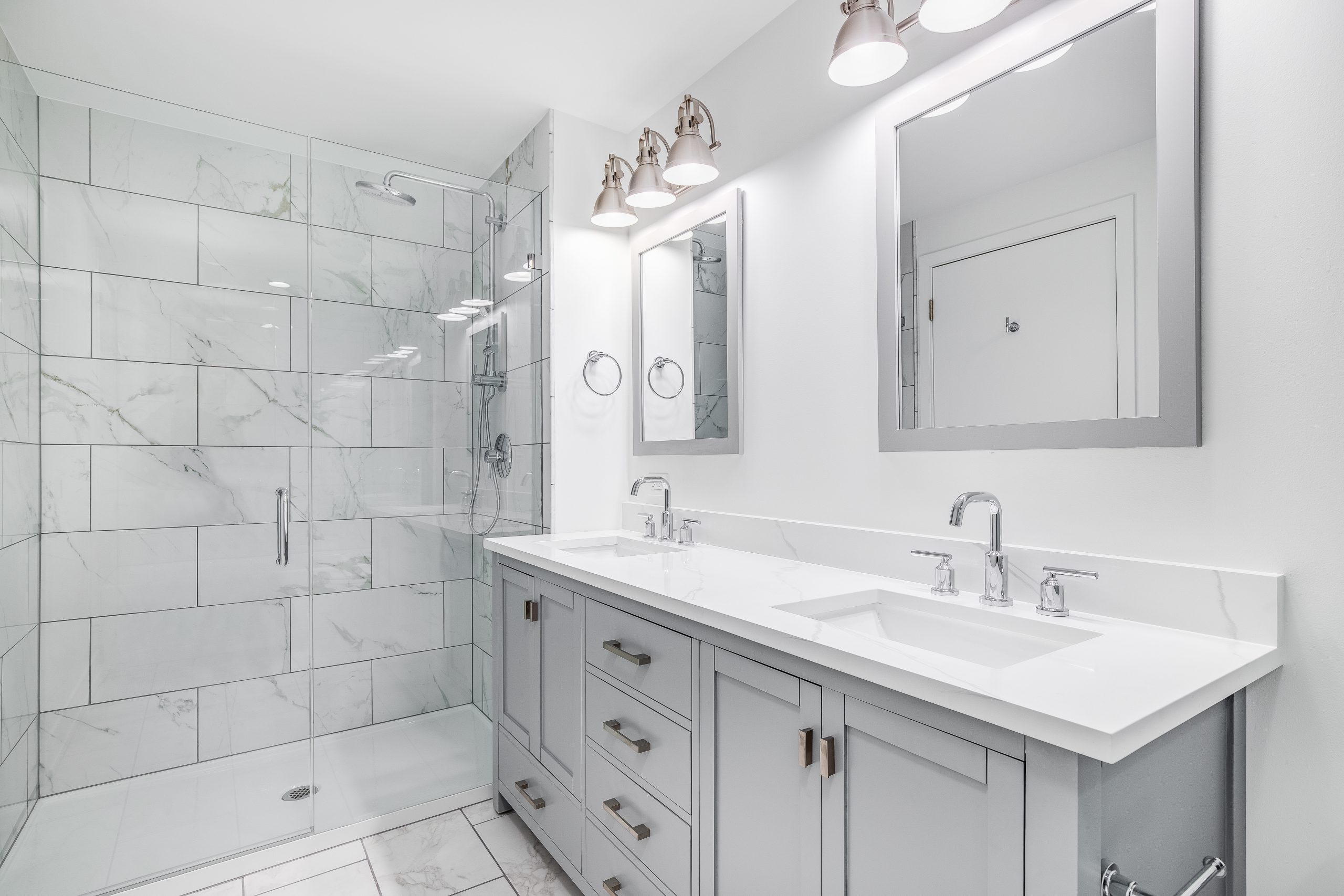
Best Homes to Invest: Choosing the Right Type for You
Choosing the best homes to invest in depends on your goals, budget, risk tolerance, and market conditions. Here are three types of properties that are considered some of the best homes to invest in. Five units and above are considered commercial properties and different rules apply. Mainly tax benefits. Rent control varies but some multi-unit properties as small as duplexes are affected.
Single-Family Homes (SFR)
Pros:
- High Demand: Always popular among families and individuals. Three bedroom homes are the most desired
- Easy to Diversify by Location: Rents, vacancies and appreciation changes based on location.
- Easier to Finance: Banks are more willing to offer loans.
- Simplicity: Easier to manage compared to multi-unit properties. This is true until you acquired several homes. At that point, you will probably want to upgrade to multi-units with 1031 exchange.
- Appreciation: Often appreciates well, especially in suburbs and growing markets. When looking for a good rental property, do not overlook the neighborhood. Neighborhoods that have a lot of renovations happening are ideal because the values of the homes are will increase faster.
Cons:
- Lower Income Potential: Generates less income than multi-family properties.
- Vacancy Risks: If vacant, you lose rental income entirely.
Best For:
- Low Volume Investors: Families that want some passive income, but not interested in becoming real estate investors.
- Empty Nesters: Homeowners looking to downsize and create rental income. Once the kids are out of the house, many couples don’t need all the extra bedrooms and downsize for easier living. Instead of selling the home, rent it out. People in this situation have a lot of options, especially if they have built up equity in the home. The rental income will cover the mortgage on the new home or condo.
Condos and Townhouses
Pros:
- Amenities: Often come with amenities and maintenance handled by homeowners’ associations (HOAs).
- Attractive: Appeals to small families and professionals.
Cons:
- HOA Fees: Can reduce profitability if increased. Many HOA’s are poorly operated and have to increase dues for unforeseen items.
- Restrictions: May limit rental capabilities. This is not a problem when looking for an investment condo, but if your condo is your primary residency and you want to convert to an investment property, you might not be able to.
- Special Assessments: Unexpected large payments for major repairs. For example, many complexes are in fire zones. Insurance companies are cancelling policies in high risk areas. The complex is then hit with an outrageous policy that has to be passed on to the condo owners. This happen to me. My Lake Tahoe condo had the insurance policy cancelled. I was hit with a $6,000 special assessment, just for the down payment on the insurance policy. We expect our HOA dues to increase from $750 to over $1,400 a month. This has cause condo prices to plummet.
- Economic Sensitivity: Higher vacancy rates during economic downturns.
Best For:
- Balanced Investors: Those wanting a balance between single-family homes and less maintenance.
- Urban Markets: High demand in cities among young professionals, retirees, and singles.
Multi-Family Properties (Duplexes, Triplexes, Quadplexes)
Pros:
- Multiple Income Streams: Generate income from multiple units, laundry services, garage spaces, etc…
- Efficient Management: Easier to manage several units under one roof.
- Lower Vacancy Impact: Less impact from vacancies.
Cons:
- Higher Investment: Requires a larger initial investment.
- Complex Management: More challenging to manage and maintain.
Best For:
- New Investors: Live in one unit and rent out others for income.
- Experienced Investors: Seeking higher income potential and scalability.
Investment Considerations
Location: The best homes to invest in depend heavily on location. Urban settings might favor condos or multi-family units, while suburban areas are often better for single-family homes.
Economic Factors: Look at local job growth, population growth, and economic stability. These factors influence rental demand and property value.
Rental Strategy: Decide if the property will be a traditional year-long lease, a short-term vacation rental, or another arrangement.
Ultimately, the best homes to invest in will align with your financial goals, management preferences, and the current market. Conduct thorough market research, perform due diligence, and consider professional advice to make informed decisions.

Follow us
A quick overview of the topics covered in this article.






